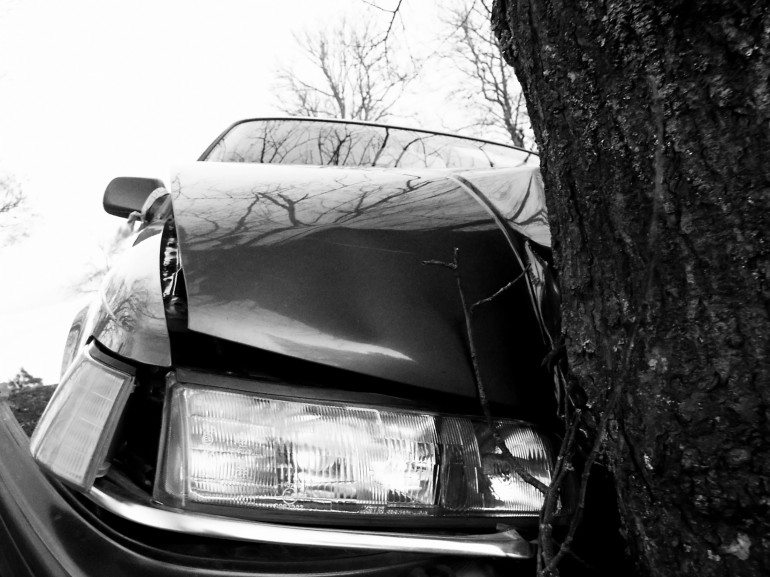Latest industry news released today suggests leasing companies are being encouraged to ‘check and challenge’ damage recharges as concerns rise about differing standards and costs among leasing suppliers. There appears to be significant variances in charges between leasing companies, damage assessments at handover and the actual invoice being received.
There are strict guidelines set out by the British Vehicle Rental and Leasing Association’s Fair Wear and Tear Guide, which reputable leasing companies to adhere. However, it would appear that industry charges are being increasingly being challenged and remain a grey area.
Leasing companies challenged to reduce charges
There are varying schools of thought in terms of how this issue should be tackled. One approach, according to Damian James, chairman of the fleet operators’ association ACFO and head of operations at Bracknell Forest Council, challenging the leasing company with the vehicle inspection report he has been able to reduce charges by over 50%.
Negotiate charge waivers before agreeing contracts
Fleet management specialist Fleet Logistics oversees 120,000 vehicles across Europe, and they urge companies to tackle a lack of uniformity in charges when they first agree contracts with suppliers. Outside the BVRLA’s fair wear and tear agreement, there is no mechanism for gauging whether leasing companies’ end-of-contract charges are justifiable or reasonable. Charges could be incurred for anything from a missing set of spare keys, an absent stamp in a service book, or the size of a scratch or dent. That is why it is so important for companies to check and challenge any charges that look unreasonable, excessive or inappropriate and negotiate with the leasing company.
Can Less Stringent Assessments Save money?
Yes, according to Ogilvie Fleet operations director Jim Hannah. Its’ policy starts at the outset of a contract, when it agrees a standard charge for different types. The charges reflect the cost of returning a vehicle to BVRLA ‘fair wear and tear standards’. For cars, they are £75 for a door panel, front wings and rear quarter panels; £120 for a bonnet, boot lid, tailgate, bumper, roof or van sliding door. With a less stringent attitude towards assessing vehicle damage, the company estimates it saves hundreds of thousands of pounds a year on inspection costs, which can instead be used to support the low recharge scheme.
Is the introduction of a national standard for damage a solution?
According to industry experts, attempting to introduce a national standard for all vehicle damage would prove unworkable. After years of discussion, the sheer complexity of implementing a national standard and the widely varying opinions on what constitutes a ‘standard level’ have proved insurmountable obstacles.
There are hundreds of inspection types being delivered by a variety of organisations, each with a slightly differing approach. Some suppliers have millions of prices in their catalogue just for replacement parts alone.
The cost structure also depends on what the aim of the repair is, for example for wholesale remarketing, retail sale or covering loss against residual value.
It seems unlikely that a standard menu pricing for recharges for end of contract damage could be agreed upon that the whole industry would abide by.
Can Lease Guard Refurbishment Insurance mitigate the risks of recharges?
Lease Guard Refurbishment Insurance is a solution that has been designed to smooth out the end of lease process by covering the risk of recharges for refurbishment work. With average recharges often in excess of £300, and concerns around varying recharging policies by finance companies, Lease Guard fixes your cost at the contract start. Lease Guard Insurance will cover the cost of repairs to scuffs, chips, and small dents that are normally not worth claiming for, and can be fixed using ‘smart repair’ techniques.
A Lease Guard Refurbishment Insurance policy will arrange and pay up to £500 for the policyholders vehicle to be refurbished up to BVRLA Fair Wear and Tear standards and policyholders can be reassured that all inspections are carried out by BVRLA accredited inspectors
Click here to read more about Lease Guard Refurbishment Insurance

